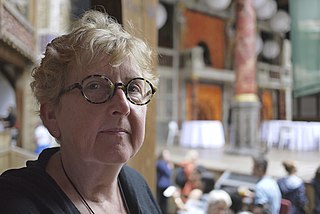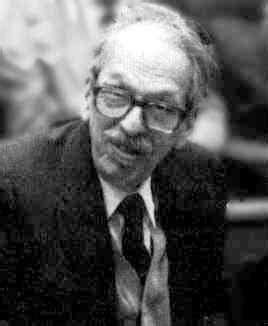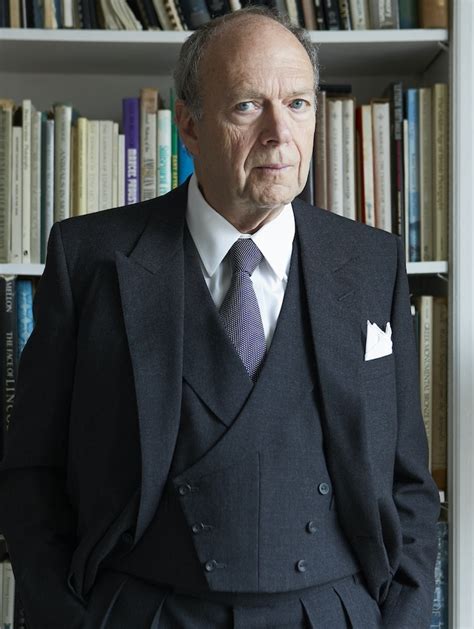A Quote by Irving Layton
And me happiest when I compose poems:
Love, power, the huzza of battle
are something, are much:
yet a poem includes them like a pool
water and reflection.
Related Quotes
I've always been intrigued with the male characters in novels like 'Pride and Prejudice' such as Mr. Darcy, and this poem is part of a series of poems that explore desire and obsessions. The poems have been sitting in a drawer for a few years, so I decided to dust them off and work on them again since I have not written a new poem in more than three years. I'm not sure anything will become of the series, but at least it gives me something to work on in a period where I feel very uncreative.
Like any child, I slid into myself perfectly fitted, as a diver meets her reflection in a pool. Her fingertips enter the fingertips on the water, her wrists slide up her arms. The diver wraps herself in her reflection wholly, sealing it at the toes, and wears it as she climbs rising from the pool, and ever after.
I wrote a number of poems about Kah Tai lagoon, when Safeway was building that huge, ugly store down there where I used to love to watch the birds nest. That political poem, or environmental poem, was unsuccessful because Safeway built there anyway. And yet the poem has something to say today, as it did then. And I speak here only of my own poems. The agenda for every poet has to be different because most of us write from direct human experience in the world.
There is nothing “still” in the remarkably visceral poems of Alexander Long's third collection, Still Life, and nothing is at rest in these restless and edgy poems. Conversational and kinetic, these poems chart the traces left by the shifting overlays of the templates of literature, rock-and-roll, and contemporary culture. As each poem in Still Life attempts to fix a focus upon a scene or subject, the protean natures under view draw the poet into the eddies and complexities of reflection. This is a powerful and moving collection of poems.
I'm kinda racist... I don't really like dark butts too much... It's rare that I do dark butts. Like really rare... It's like, no darker than me. No darker than me. I love the pool test.... If you can be like 'Yo, baby. I met you in the club. Let's go back to my house. Jump in the pool exactly like you are.'-And you don't come looking better wet than you were before you got in the pool then that's not a good look.
I would read the Shel Silverstein poems, Dr. Seuss, and I noticed early on that poetry was something that just stuck in my head and I was replaying those rhymes and try to think of my own. In English, the only thing I wanted to do was poetry and all the other kids were like, "Oh, man. We have to write poems again?" and I would have a three-page long poem. I won a national poetry contest when I was in fourth grade for a poem called "Monster In My Closet.
I like ornament at the right time, but I don't want a poem to be made out of decoration ... When I read the poems that matter to me, it stuns me how much the presence of the heart-in all its forms-is endlessly available there. To experience ourselves in an important way just knocks me out. It puzzles me why people have given that up for cleverness. Some of them are ingenious, more ingenious than I am, but so many of them aren't any good at being alive.






































